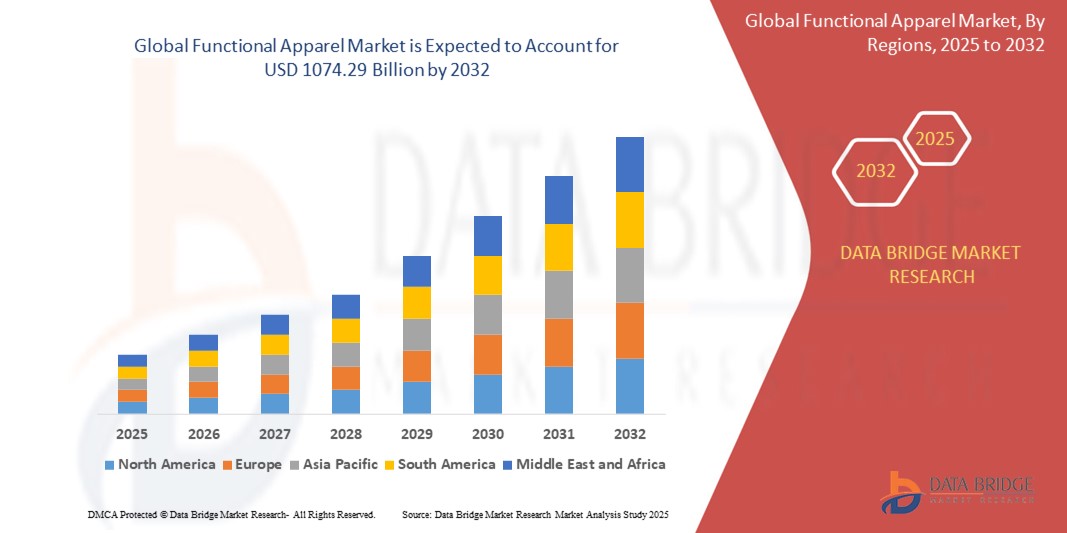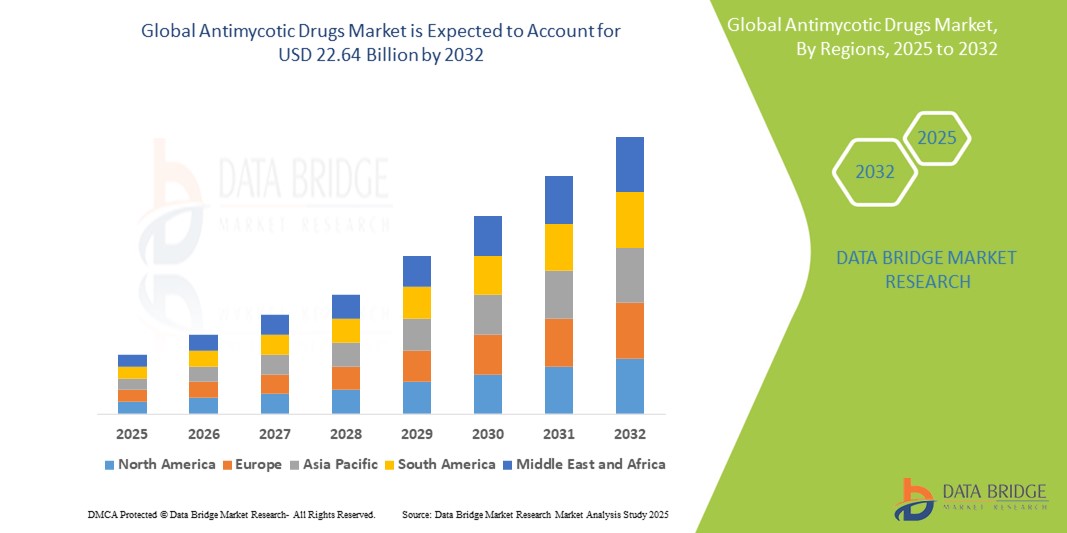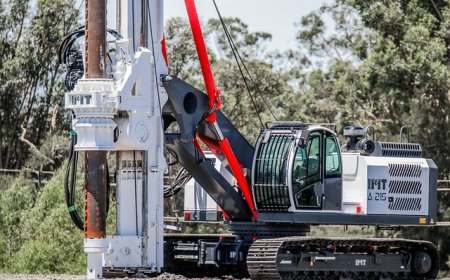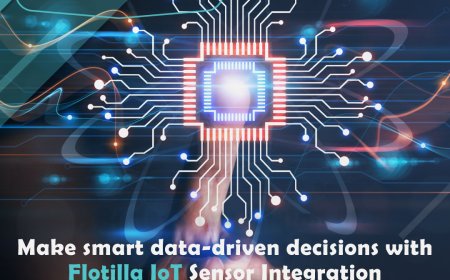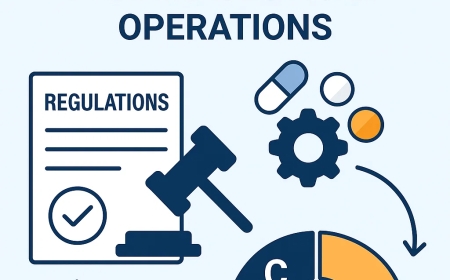Top Facial Recognition Use Cases in 2025
Discover the leading facial recognition use cases in 2025, from enterprise security to retail solutions. Explore AI-driven biometric authentication trends and commercial facial recognition systems reshaping business operations.
The landscape of facial recognition use cases has evolved dramatically, with 2025 marking a pivotal year for AI facial recognition technology adoption across diverse industries. From enterprise security solutions to personalized customer experiences, facial recognition systems have become integral to modern business operations, offering unprecedented accuracy and efficiency in identity verification processes.
The Evolution of AI Facial Recognition Technology in 2025
The use cases of facial recognition AI 2025 have expanded beyond traditional security applications, encompassing sophisticated biometric access control solutions and comprehensive identity verification systems. Modern AI face detection and recognition technology leverages advanced machine learning algorithms, delivering remarkable precision rates that surpass 99.7% accuracy in controlled environments.
Biometric authentication trends 2025 indicate a significant shift toward multi-modal verification systems, where facial recognition serves as the primary authentication method. This technological advancement has catalyzed widespread adoption across various sectors, from retail chains implementing facial recognition for retail security to government agencies deploying comprehensive identity verification protocols.
Enterprise Security and Access Control Applications
Corporate Campus Security
Facial recognition solutions for enterprises have revolutionized workplace security by providing seamless, contactless access control. Organizations worldwide are implementing these systems to monitor employee attendance, restrict unauthorized access to sensitive areas, and maintain comprehensive security logs. The technology eliminates the need for physical key cards while providing real-time security monitoring capabilities.
Data Center Protection
High-security facilities utilize commercial facial recognition systems to protect critical infrastructure. These implementations feature multi-layer authentication protocols, combining facial recognition with additional biometric markers to ensure maximum security for sensitive environments.
Retail and Customer Experience Enhancement
Personalized Shopping Experiences
Facial recognition for retail security extends beyond loss prevention, enabling personalized customer experiences through demographic analysis and behavior tracking. Retailers leverage this technology to optimize store layouts, analyze customer preferences, and deliver targeted marketing campaigns based on visitor demographics.
Loss Prevention and Inventory Management
Advanced retail implementations utilize AI-powered recognition systems to identify known shoplifters while simultaneously tracking inventory movement patterns, significantly reducing retail theft and improving overall store security.

Mobile Technology Integration
iOS and Android Implementation
iOS facial recognition services and android facial recognition services have become standard features, with developers creating sophisticated applications that leverage device-native recognition capabilities. These implementations range from secure payment authentication to personalized app experiences, demonstrating the technology's versatility across mobile platforms.
Banking and Financial Services
Mobile banking applications increasingly rely on facial recognition for secure transaction authentication, replacing traditional PIN-based systems with more convenient and secure biometric verification methods.
Regional Market Leadership and Innovation
Middle East Technological Advancement
AI facial recognition services in Dubai represent cutting-edge implementations in smart city initiatives, with government agencies and private enterprises deploying comprehensive recognition systems for public safety, transportation management, and citizen services enhancement.
Southeast Asian Market Growth
AI Facial recognition services in Singapore showcase the technology's integration into urban planning and public service delivery, with implementations spanning from immigration control to public transportation access management.
Healthcare and Medical Applications
Patient Identification and Safety
Healthcare facilities implement facial recognition systems to prevent medical errors through accurate patient identification, ensure secure access to medical records, and streamline patient check-in processes while maintaining HIPAA compliance standards.
Telemedicine Security
Remote healthcare consultations utilize facial recognition for patient verification, ensuring secure access to medical services and protecting patient privacy during virtual appointments.
Transportation and Infrastructure
Airport Security Enhancement
Aviation security systems employ sophisticated facial recognition technology for passenger screening, reducing wait times while enhancing security protocols through automated threat detection and passenger tracking capabilities.
Public Transportation Optimization
Urban transit systems integrate facial recognition for fare collection, crowd management, and security monitoring, improving operational efficiency while enhancing passenger safety.
Benefits of AI-Driven Facial Recognition
The advantages of implementing modern facial recognition systems extend across multiple dimensions:
Enhanced Security Protocols: Real-time threat detection and automated alert systems provide comprehensive security coverage with minimal human intervention requirements.
Operational Efficiency: Automated identity verification processes reduce manual verification time by up to 85%, improving overall operational productivity.
Cost Reduction: Organizations report significant cost savings through reduced security personnel requirements and streamlined identity management processes.
User Experience Improvement: Contactless, seamless authentication enhances user satisfaction while maintaining high security standards.

Industry-Leading Technology Providers
Facial recognition companies in USA continue driving innovation through advanced algorithm development and comprehensive solution offerings. Market leaders provide scalable platforms supporting various deployment scenarios, from small business implementations to enterprise-grade systems serving millions of users.
These providers offer integrated solutions combining hardware optimization, software intelligence, and cloud-based processing capabilities, ensuring reliable performance across diverse operating environments.
Future Applications of Facial Recognition
Emerging applications include augmented reality integration, advanced emotion recognition for customer service optimization, and integration with Internet of Things (IoT) ecosystems for comprehensive smart building management.
Automotive industry implementations are developing driver monitoring systems for enhanced safety, while retail environments explore advanced customer behavior analysis for improved marketing effectiveness.
Implementation Considerations and Best Practices
Successful facial recognition deployment requires careful consideration of privacy regulations, system integration requirements, and ongoing maintenance protocols. Organizations must balance security benefits with user privacy concerns while ensuring compliance with local data protection regulations.
Technical considerations include lighting optimization, camera positioning, and network infrastructure requirements to ensure optimal system performance across various environmental conditions.
Conclusion
The facial recognition use cases in 2025 demonstrate the technology's maturation into a versatile, reliable solution addressing diverse business challenges. From enhancing enterprise security through biometric access control solutions to revolutionizing customer experiences in retail environments, facial recognition technology continues expanding its impact across industries.
Organizations considering implementation should evaluate their specific requirements, regulatory compliance needs, and long-term scalability goals to maximize the benefits of AI-driven facial recognition systems.
Ready to explore facial recognition solutions for your organization? Contact our expert team today to discover how advanced AI facial recognition technology can transform your security infrastructure and operational efficiency. Schedule a consultation to learn about customized implementation strategies tailored to your specific business requirements.
Contact AI facial recognition developers now to get started.










